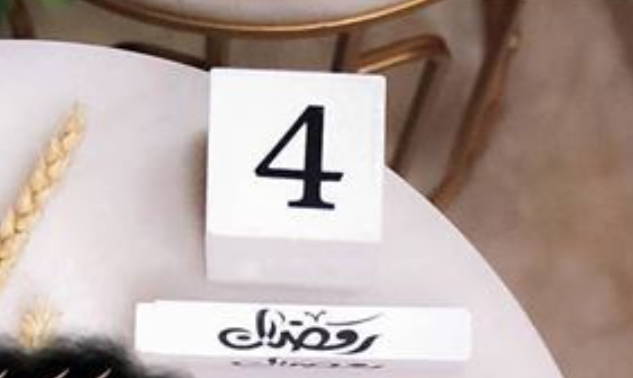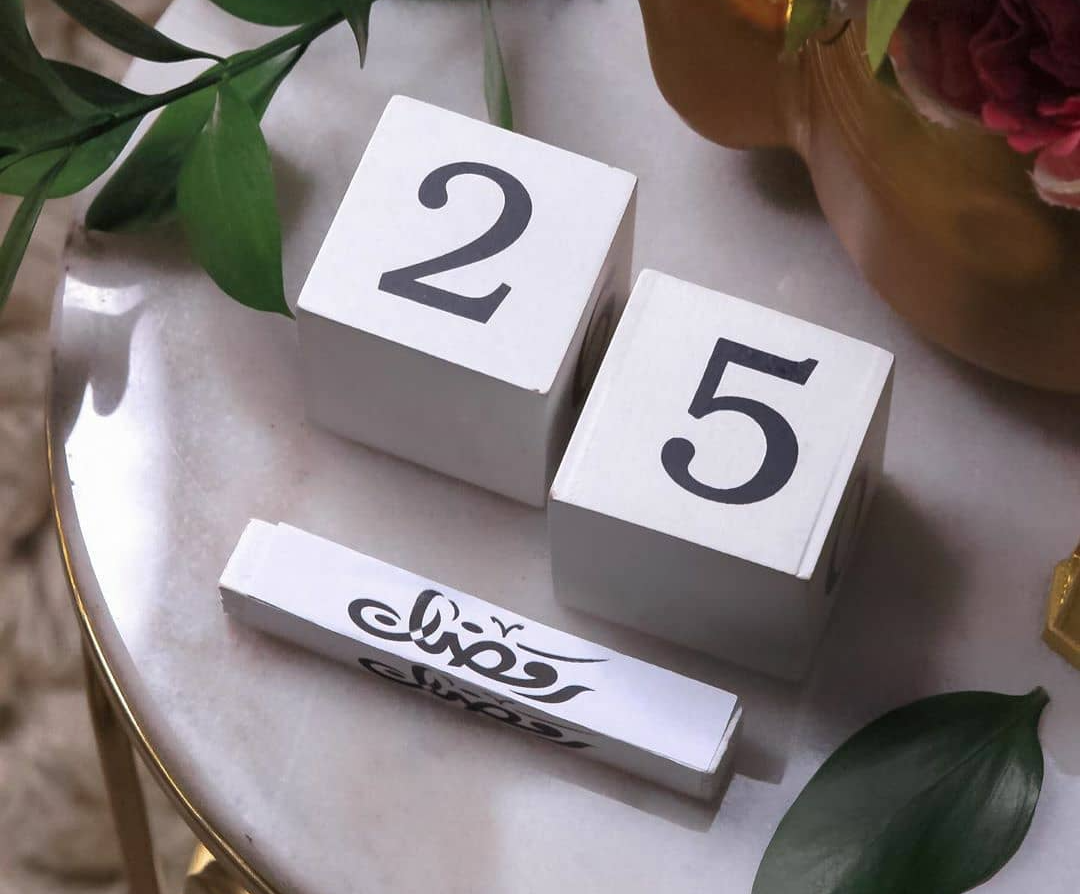The Ruling on a Sick Person performing Ablution on Tiles
Question :
Is it permissible to make Tayammum with a stone which does not leave dust in the hand? And what are the limbs which are included in Tayammum? And how many prayers may be prayed with one Tayammum?
Answer:
Some of the scholars hold that it is a condition of Tayammum that there be earth which contains dust which will stick to the hands, and they cited as evidence the Words of Allah, the Most High:
... and rub therewith your faces and hands.
And (they say that) that which does not contain dust may not be used for wiping. However, the correct view is that dust is not a condition, it is only a condition that the surface be clean and pure, as Allah, the Most High says:
... then perform Tayammum with clean earth.
And the word (used in the Verse) As-Sa'id means the surface of the earth. Based upon this understanding, it is correct for Tayammum to be performed with sand which does not contain dust, as it is also correct on flat ground (i.e. where little or no soil is to be found) and the like. As for the prisoner or the invalid, who does not find anything except a tiled floor, and is unable to go down to the earth, he is allowed to perform Tayammum even if there is no dust on them, if he finds no soil to use. Likewise, it may be made on a mattress or the like, based upon the Words of Allah, the Most High:
So keep your duty to Allah and fear Him as much as you can.
As for the limbs included in Tayammum, they are: the face and hands. The whole face is wiped with the palms of the hands, then each hand is wiped with the other, rubbing between the fingers, contenting oneself with the hands; but if the forearms are also wiped, there is no objection to it. It is sufficient to strike the ground once, but if one strikes it twice, it is permissible. It is better to make Tayammum for every obligatory prayer, unless the prayers are being joined, in which case, one should make Tayammum only once for them. But it is allowed to perform a number of prayers with one Tayammum, so long as one does not invalidate it by breaking wind, passing urine or defecating, and so long as one does not find water, in which case, he should fear Allah and wipe it over his body (i.e. perform Wudhu' with it).
Source:
Ibn Jibreen
Fatawa Islamiyah, Vol. 2 Pages 72-73-74
 أرسلها على تطبيق الواتساب
أرسلها على تطبيق الواتساب 
